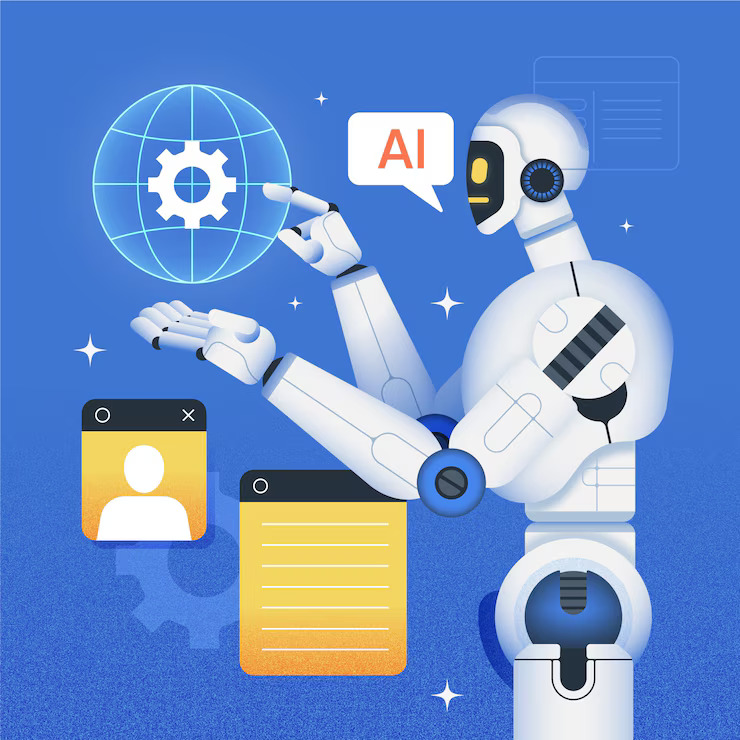Artificial Intelligence (AI) is transforming the way we live and work. From automating tasks to powering smart technologies, AI is revolutionizing industries. But like any technology, it comes with both benefits and challenges. Here’s a clear look at the advantages and disadvantages of artificial intelligence to help you understand its impact.
Advantages and Disadvantages of Artificial Intelligence
Key Advantages of Artificial Intelligence
- Boosts Efficiency and Productivity
AI automates repetitive tasks, helping businesses save time and reduce errors.- Manufacturing: Robots streamline production lines.
- Customer Service: Chatbots handle thousands of queries at once.
- Improves Decision-Making
AI analyzes big data to provide accurate insights.- Healthcare: Assists in disease diagnosis.
- Finance: Detects fraud in real time.
- Operates 24/7
AI doesn’t need breaks. It provides uninterrupted services, increasing reliability and uptime. - Enables Personalization
AI customizes content and product suggestions.- E-commerce: Recommends products you’re likely to buy.
- Streaming: Suggests shows and music based on preferences.
- Accelerates Innovation
AI speeds up research in areas like drug development and climate modeling.
Also Read: AI Tools Ideal for Entrepreneurs and Creators
Major Disadvantages of Artificial Intelligence
- Job Displacement
Automation can replace human jobs, especially in routine or manual roles. - High Implementation Costs
AI systems require significant investment in software, hardware, and skilled talent. - Ethical Issues
AI may reinforce biases and raise privacy concerns.- Example: Hiring algorithms favoring certain groups.
- Lacks Human Emotion
AI can’t empathize, making it less effective in roles requiring compassion or emotional intelligence. - Security Risks and Overdependence
Overreliance on AI can make systems vulnerable to cyberattacks or failures.
Comparison Table: Advantages and Disadvantages of Artificial Intelligence
| Advantages OF AI | Disadvantages OF AI |
|---|---|
| Increases productivity | May cause job loss |
| Quick decision-making | High development and maintenance costs |
| Works round-the-clock | Raises ethical and privacy concerns |
| Offers personalized experiences | Lacks emotional intelligence |
| Provides innovation across industries | Poses cybersecurity risks |
Conclusion
Understanding the advantages and disadvantages of artificial intelligence helps us use it wisely. While AI boosts productivity, innovation, and personalization, it also brings ethical, financial, and employment-related challenges.
To fully benefit from AI:
- Invest in responsible development.
- Ensure transparency in systems.
- Reskill the workforce to adapt to new opportunities.
The future lies in balancing AI’s power with human values and oversight.



